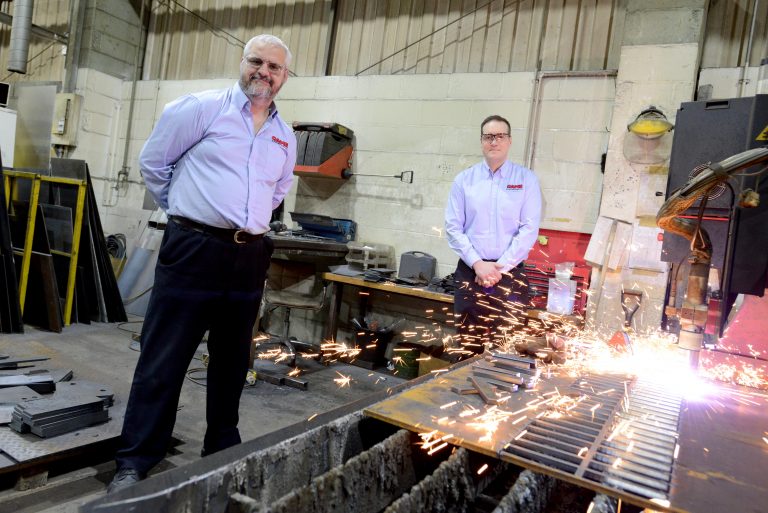2023 Business Predictions: Jason Hercock, Andrew McFarlane Holt and Trevor Wells, directors at Wells McFarlane
2023 Business Predictions: Christopher Taylor, design director at Marchini Curran Associates
Evolve Estates acquires main shopping centre in Northampton
Private equity firm invests in Indian casual dining restaurant group
Warm reception for new manager at Nottingham Venues’ Orchard Hotel
Stockyard appoints new head to level up
Engineering company reports record year
Local flooring business makes strides with substantial growth
Mansfield Connect project will provide ‘economic stimulus’ to the town centre
Partners, businesses and the Mayor have shared their excitement, visions and hope about the latest regeneration project planned in Mansfield.
Long Eaton project scrapped to secure and enhance other regeneration schemes
- An additional £3.43 million for the High Street project which will see a redesign and upgrade of the High Street with the aim being to enhance the public space by making it a more sociable space with seating and planting. The reallocated funding also enables an expansion in scope to include Tamworth Road.
- An additional £2.96 million for the walking and cycleway improvements which will include lighting along the cycleway within West Park and replacing the bridge which connects West Park to the town centre, as well as the construction of a new bridge on Britannia Road.
- An additional £540,000 for the Stable Block which will see the conversion of a former Stable Block next to Long Eaton Town Hall into modern office spaces and studios.












